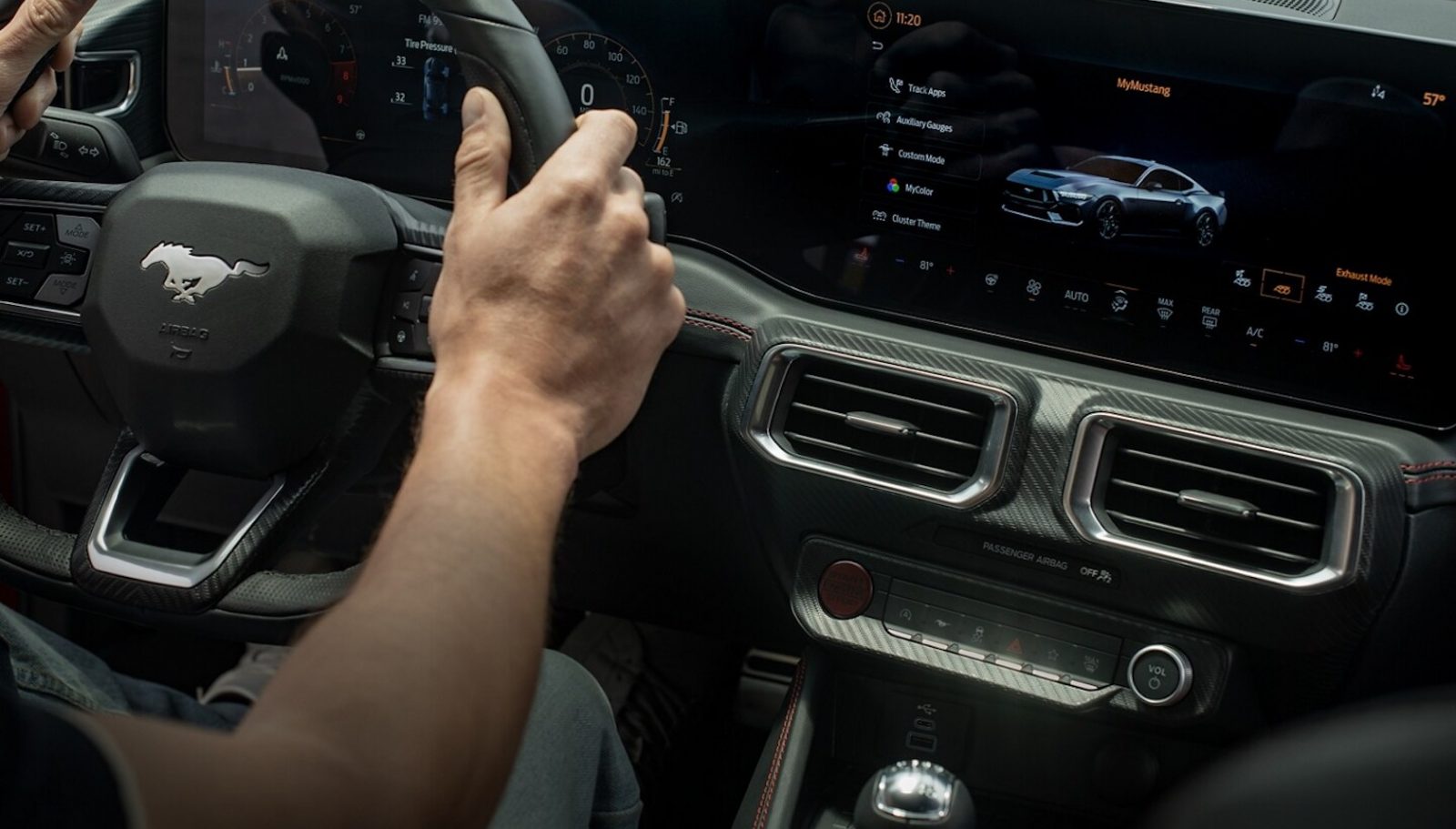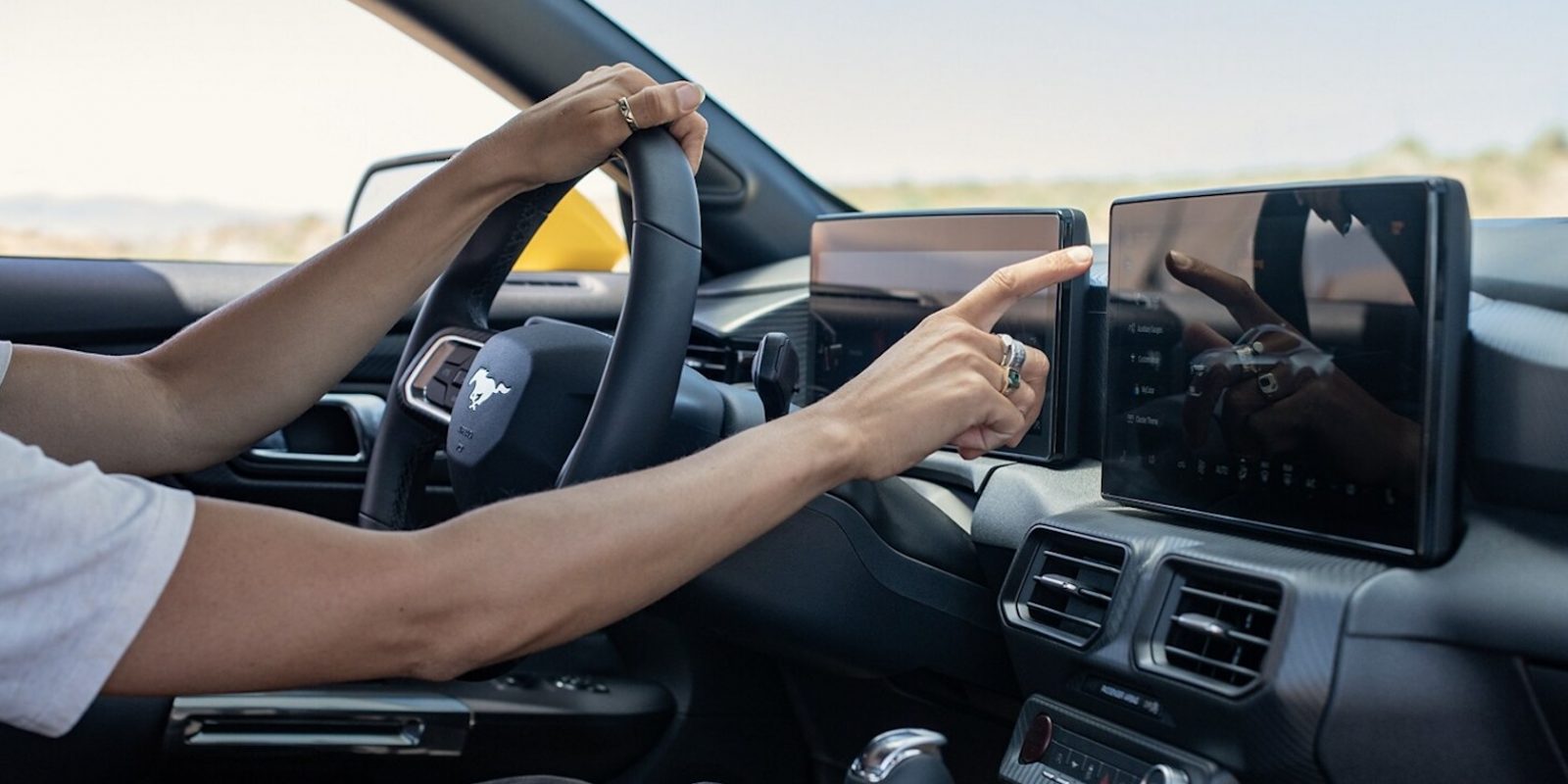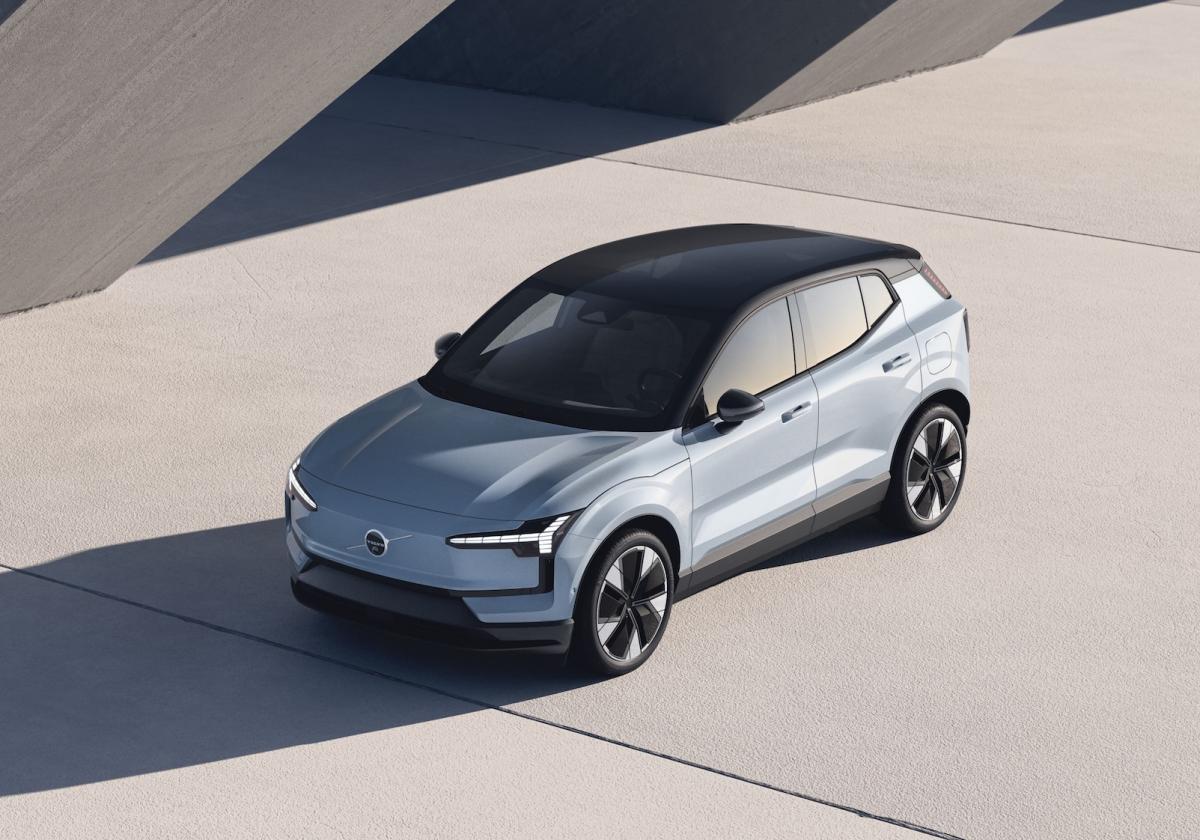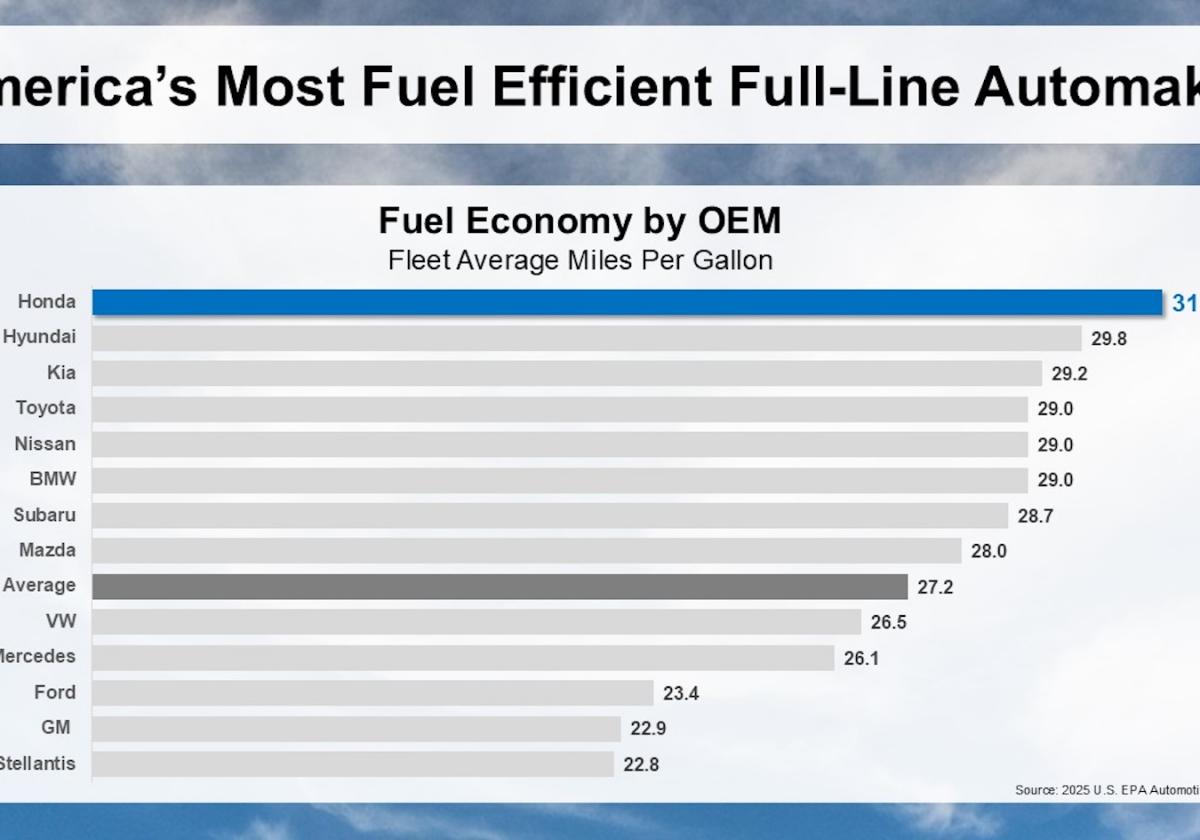For millions of motorists, their car is a home away from home—a rare place to find privacy between the busyness of home life and the office. It’s too bad, then, that automakers have no respect for our privacy according to a shocking new report from the Mozilla Foundation.
Cars are now computers on wheels — which means they “have an unmatched power to watch, listen, and collect information about what you do and where you go,” per the report. That information is then shared with or sold to data brokers, law enforcement, and other unscrupulous entities.

Americans spend about 300 hours a year driving—averaging just less than one hour a day, plus many more hours when the car is repurposed as an office, a lunch room, a phone booth, or even a recording studio. The information about what we do during those hours can be extremely valuable.
Out of 25 car brands studied by the Mozilla Foundation, it was revealed that 56% will share data with law enforcement in response to an informal request. And 84% share or sell personal data, while 100% earned the foundation’s “privacy not included” warning label.
Some carmakers will share information such as your license number and race
The Nissan privacy notice says the company can share “sensitive personal information, including driver’s license number, national or state identification number, citizenship status, immigration status, race, national origin, religious or philosophical beliefs, sexual orientation, sexual activity, precise geolocation, health diagnosis data, and genetic information.”
It’s not clear that Nissan has information on its drivers’ genetics or sexual activity, but the notice is alarming, all the same — especially since five other companies also say they can collect genetic “information” or “characteristics.”
Today’s cars generate about 25 GB of data per hour— and that data is worth hundreds of billions of dollars.
In 2014, 20 automakers, not including Tesla, signed a voluntary set of automotive privacy principles. According to the Mozilla Foundation, not one of those 20 automakers actually follows the principles they signed up to. The report concludes that “the car companies do clearly know what they should be doing to respect your privacy even though they absolutely don’t do it.”
OUR THOUGHTS
I don’t know about you, but this news scares the living daylights out of me. I am definitely not a fan of AI or the tech/info revolution, and believe that we are just a few years away from a major showdown with AI and autonomous driving reaching Level 3. I personally don’t understand why more—a lot more—people are not just as petrified as I am about this development. Automakers can see right into our lives now—and no one seems to care.







